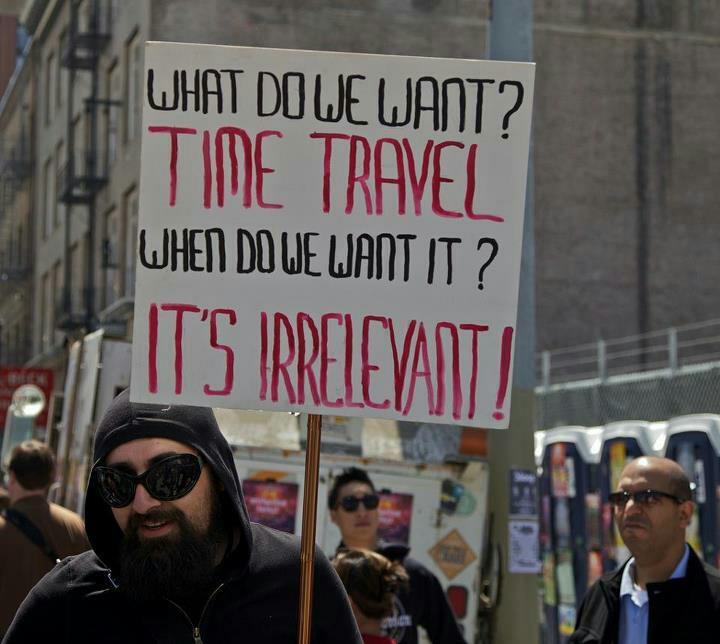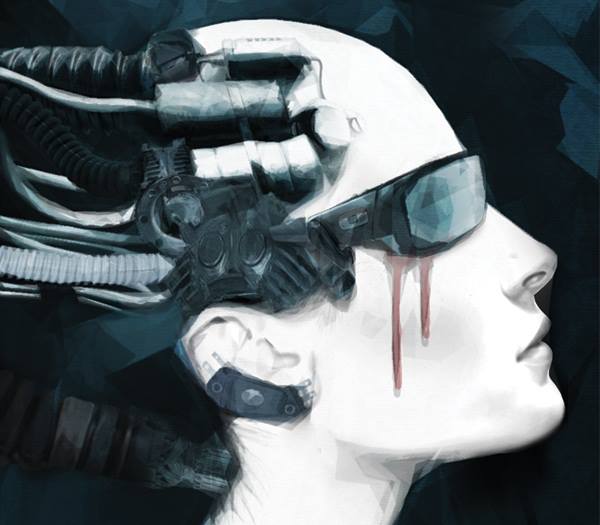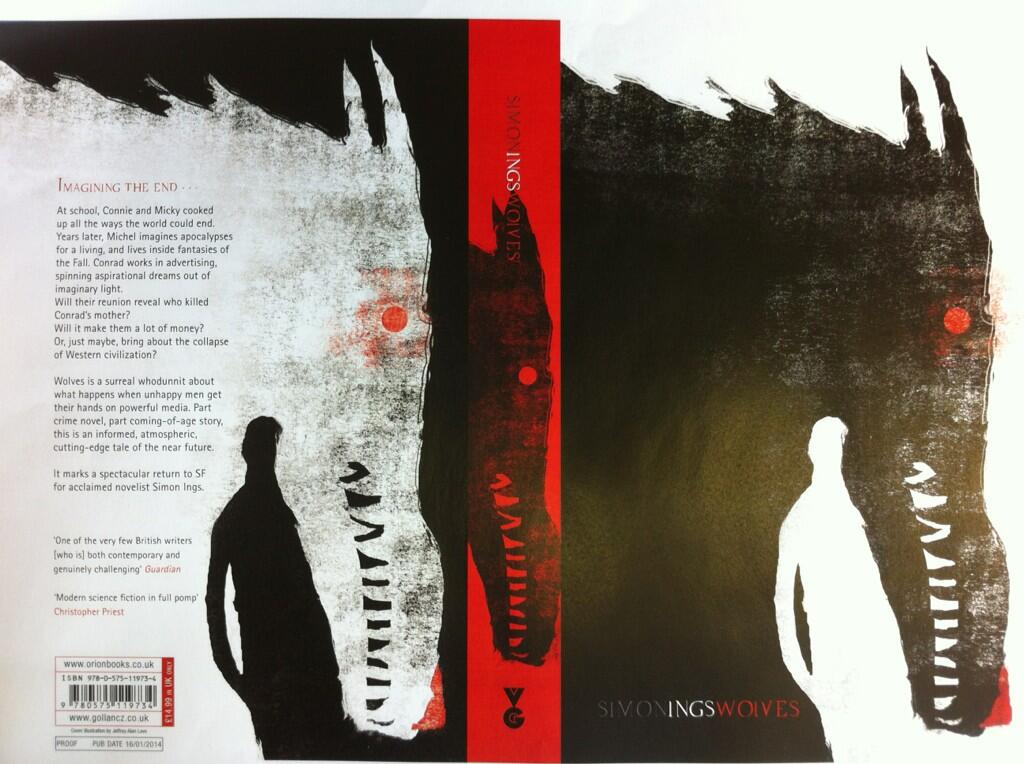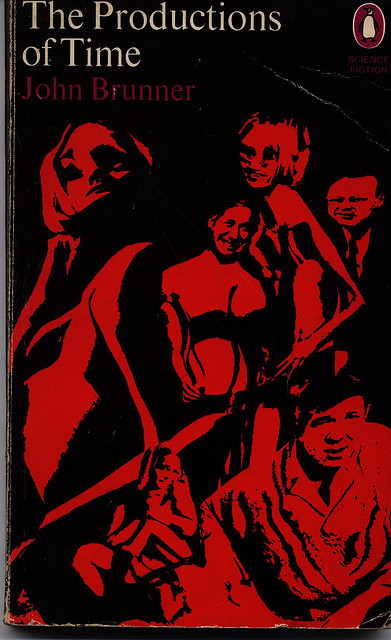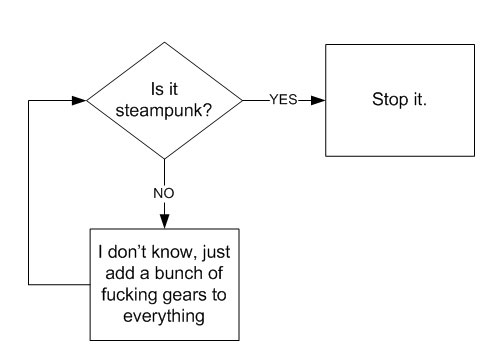Category Archives: scrapbook
from HOW TO LIKE EVERYTHING by Paul Shepheard
For a hundred days, between July and October 2009, the empty fourth plinth in London’s Trafalgar Square was occupied, an hour at a time, by selected members of the public. The author of this ruse was the artist Antony Gormley; he allowed his successful applicants to do anything they wanted while they were up there, and to take anything with them that they could carry unaided.
The other day, I came across this passage, from Paul Shepheard’s excellent crypto-Utopian novel How to Like Everything:
The real story was in the plinth itself. To stop this man and all the others hurting themselves a huge safety net supported on steel beams and painted grey like the ones they have on aircraft carriers to catch overshooting planes was attached to the plinth. I think that was the real sculpture, that net. It was made out of the problem of democracy – which is that it starts out as the means of collective action against oppression and then abruptly runs out of steam. Democracy has no value in itself, it is made of the will of the majority, whatever it is at the time. It is a way of dealing with everything, but it is a utility, not a vision. To think of it as a vision results in a thousand regulations surrounding every action, because ultimately democracy depends on the law. That safety net was an example of the art of the law.
The Singularity (a sermon)
So here I am at Utopia, Tel Aviv’s festival of fantastic film. the other day I gave a talk and today, when I could be swimming or sunbathing, I’m sitting in the cinemateque’s green room – a perfectly white and windowless box – typing this. It started as a bloggable version of what I had to say about utopias and dystopias but it quickly got out of hand and became what I can only call a sermon.
This blog’s mostly a shop window – and a personality-free zone – but what the hell: if you’ve a moment to spare, let’s see what you think of this:
In 1979, Dan White was brought to trial for murder of two San Francisco government officials: George Moscone and Harvey Milk. White’s defence attorney hoped to convince the jury that his client was not responsible for his actions. White had a history of severe depression, and it had come to light that his diet – consisting almost entirely of junk food – regularly pushed him into a hypoglycaemic state. When this happened, White’s palpable misery bloomed into something else: something positively homicidal.
Medically, the argument was not without merit, but it quickly became notorious. Dubbed the “Twinkie defense”, it angered many who felt White was no longer having to answer for his own actions. “The snacks made me do it” is a pretty thin defence for a killing.
At the back of the outrage around this case was a deeper unease. Any act, sufficiently anatomised, will tend to evaporate into imponderables. Stare at the trees long enough, and you lose all sense of the wood. An act is an act is an act. Hedge it around with circumstances, however, and it becomes a story, a narrative – and stories can be spun in any number of ways, Crafty attorneys know this. Happily, so do judges. (So do scriptwriters: think of all those scenes where the judge instructs the attorney not to badger or haze the witness.)
Why should the circumstances of an act matter? Why is a killing not a murder in every instance? Our willingness to entertain *some* measure of narrative explanation is partly to do with our experience of the world, but just as much (if not more) to do with our unshakeable conviction that we are in ourselves, more or less, good people. At least, we don’t set out to do wrong. And if we did wrong, well, we were led to those wrong-doings by a concatenation of regrettable circumstances. Forget vaudeville villiany: brought to book, even serial killers do not cackle. They offer up their excuses, and seem as puzzled as the rest of us at their inadequacy. No-one in the history of the world, however deranged, embraced wrong-doing in the belief that it *was* wrongdoing. The closest we ever get is a sense of compulsion: “She drove me to it, officer.”
Were we to gather up every circumstance surrounding a crime, and explore every contingency – if , in short, we knew all – would we forgive all? If we’re so convinced of our own essential goodness (all be it that circumstances trip us into wrong-doing for this or that reason), does this mean that everyone is good; that everyone is, at their existential core, a righteous person?
For some radicals, the answer is unabashedly Yes. In the first heady days of Russia’s October Revolution, courts rewrote their deliberations so as to avoid perjorative notions of “crime” and “wrongdoing”. Punishments were things of the past: criminals were simply people in need of education and treatment.
The idea foundered since, in 1921, relatively little work had been done on the most effective correctional programmes for offenders. Today, we know of many effective strategies. Why then do so many of us resist their use? Why do so many of us advocate prison sentences (which patently don’t work) over other schemes (which patently do work)? Why can we not bring ourselves to extend our sense of our own righteousness to everyone?
I think this has to do with time. However diminished Dan White’s responsibility, by his hand two innocent men lay dead. You can excuse and explain and mitigate Dan White at your leisure. You cannot excuse, explain, and mitigate a corpse. A corpse just lies there. It begins, quite quickly, to stink.
To understand all is to forgive all, but only if you’ve the luck, the temperament, the time, and the patience. Forgiveness is not restorative. Forgiveness is hard work, Understanding is merely the first step on an arduous personal journey.
Forgiveness is such hard work, we usually resort to a quicker, easier, more reassuring alternative: justice. The scales of justice are more than a metaphor for objectivity, a weighing of evidence. They also represent an effort to restore the balance of things. An eye for an eye, if you like; more usually, fifty quid for inconsiderate parking.
In a world in which not everything *can* be known, justice is more effective than (and not incompatible with) forgiveness. The more we know, the more just our justice becomes: that, anyway, is the hope, and it’s borne out reasonably well by the historical evidence. The more ordered and well-observed a society, the less frequent its recourse to draconian punishments.
Justice is not altogether a human invention. Social species have their rituals of correction and punishment. I’ll mention one decidedly odd example.
European cuckoos are brood parasites. A female will lay an egg in the nest of an unwitting host. Though relieved of the drudgery of child care, cuckoos still have an investment in their young. Males and females both will sometimes observe the host’s nest to make sure their hatchling is secure. If the host gets wise to the cuckoo’s deception, it will evict the egg from its nest.
Then something very peculiar happens. The cuckoo’s egg is done for. From a purely adaptationist standpoint, it’s game over for the cuckoo; it may as well write off its losses and withdraw. Quite often, however, this isn’t what happens. Instead, the cuckoo attacks the host’s interests, evicting all the eggs in its nest. What’s the survival advantage in this behaviour? If anyone can spot it, please tell me, because the alternative is weird indeed: the cuckoo must have a sense of justice. A wildly one-sided one, it’s true: but a sense of justice all the same. Maddened by the implacable, unidirectional nature of time, the impossibility of restitution, it exacts punishment on the host: eggs for an egg.
Utopia is where we locate our dreams of a life well lived. In utopia, right prevails. So we must presuppose one of two qualities for our utopia. Either it is timeless, and all acts may be reversed, all wrongs righted by a simple, agreed return to initial conditions. (Discussions of precrime belong somewhere here.)
Or, while remaining embedded in time, everything that happens in Utopia is known, and therefore forgiven.
This is the promise of the Singularity, of course. Once we have combined in acquiring a seamlessly distributed moment-by-moment grasp of the entire world, the innate righteousness of everyone will be manifestly apparent to all. Except, of course, for the bodies. And there’s the rub: the bodies will still stink.
Afforded perfect knowledge, it is entirely plausible that punishment might become obsolescent, replaced by a culture of forgiveness, bolstered and secured by our prefered varieties of tough love and loving correction. And for all that, innocent government officials will still lie bleeding and the cuckoo’s egg will still lie smashed. For that reason, the idea of *justice* will persist. It will lack any useful outlet, of course, since the only thing we will be unable to forgive – the thing we will *blame*, and much good may it do us – is the stubbornly unidirectional nature of time itself
Our sense of justice then will reveal itself to be, at bottom, nothing more than this: enraged regret that what has happened, *has* happened.
Time, it turns out, is the villain, brought to book by our peculiar ability to model sequences of events that have not happened and cannot happen. We tell ourselves stories of what might have been (had Milk lived, had the cuckoo grown and flown) – grammarians might want to dub this our *subjunctive* capability – and when we judge the world against this ephemeral criterion, we find it wanting. Our pursuit of the Singularity is nothing more or less than this: a royal hunt for the rewind button.
Good lives are like trees: they branch exponentially, to explore the possibilities available to them. They switch and reverse, pulse and repulse. Lives aspire to the condition of narratives. Lives want to be rewritten.
Image
The future of world governance. No. Really.
Last Saturday the ReConstitutional Convention – a global experiment in political system design – brought together diverse groups of social inventors all over the world to imagine and prototype original and alternative architectures for governing.
By pure coincidence, this was also the week I started researching for the 70th anniversary of the discovery of LSD.
Here’s my bit. (There are lots of others)
Around 6’20” I start channeling Timothy Leary; watch Lydia Nicholas‘s face as it begins to dawn on her that this to-camera is going up on YouTube FOR EVER…
[youtube http://www.youtube.com/watch?v=yqNWX-QFZgw]
I’d like to thank Tobias Revell and Justin Pickard for inviting me along to this creative, playful, exasperating and very rewarding day.
The revolution begins here. (Maybe.)
Bedding Heather
So I was on this panel about sexuality at EightSquaredCon, paraphrasing a pick-up scene by professional Yorkshireman John Braine and hazing people with the idea that maybe we didn’t invent same-sex attraction last week, and that anyone writing novels or reading them may for the longest time have had a fairly sophisticated take on the subject; one we just can’t see these days, obsessed as we are by labeling everything. And then I read The Productions of Time by John Brunner, an indispensable book if only for its jaw-dropping overuse of the expression “fullblown Les”. As in:
“And me as a fullblown Les,” Heather said. “It’s so frightening, Murray! They said ‘the urge was on her tapes’ and if you hadn’t worried me so much… I’d have been seduced by Ida and then…”
“But it might not have worked, young woman!”
“It would have,” she said obstinately. “There’s a bit of it in all of us — you should know that, as a doctor. I used to get crushes on older girls when I was at school, so it’s probably still in me, just below the surface, waiting for—“
Hysteria on the way, Murray diagnosed, and wondered if he was going to have to slap her face to quiet her.
So that’s my oh-so-sophisticated take on the historiography of sex blown out of the shallows. Though of course Brunner, while capable of writing like a dog and thinking like a dog, was not incapable of irony, and this was published (in 1967) by New American Library, so maybe there’s a sneery transatlantic joke being played here on the cowpokes.
All that remains is to write a cracking outline to go with “Fullblown Les” – a title too po-mo to waste.
Going to @EightSquaredCon in Bradford this Easter? Then you need…
Now that Arc 1.2 is out, we’re off to the Enlightenment Cafe
[youtube=http://www.youtube.com/watch?v=joSDUw1JNpE]
